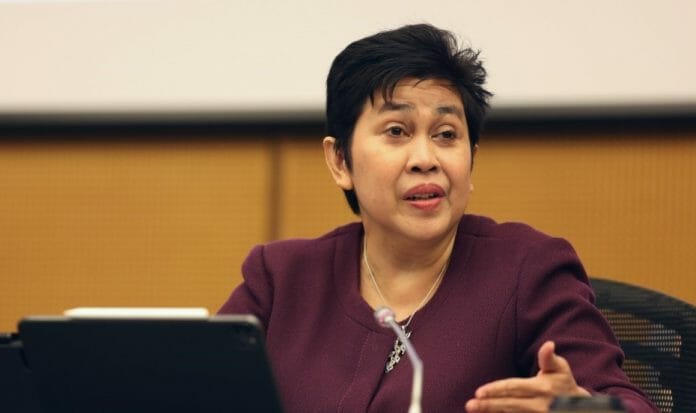Central Bank Governor on the economic and financial developments of the country highlighted that the Malaysian economy grew slower in the fourth quarter of 2022 (7.0%; 3Q 2022: 14.2%) as support from the stimulus measures and low base effect waned. However noted that at 7.0%, the growth was still above the long-term average of 5.1%.
Private sector activity remained the key driver of growth, supported by private consumption and investment. The continued growth in private consumption was mainly driven by improving labour market conditions. Meanwhile, overall export growth moderated in line with the weaker external demand. Overall, the Malaysian economy expanded by 8.7% in 2022.
Headline inflation moderated to 3.9% during the fourth quarter (3Q 2022: 4.5%). The moderation was mainly due to the lapse in the base effect on electricity inflation, a key contributor to the higher inflation in the third quarter of 2021. For 2022 as a whole, headline inflation increased to 3.3% (2021: 2.5%) and core inflation averaged higher at 3.0% (2021: 0.7%).
Exchange rate developments
In line with other regional currencies, the ringgit ended the quarter stronger by 5.3% against the US dollar. Similarly, the ringgit also strengthened against several major trading partners – the nominal effective exchange rate (NEER) appreciated by 0.4% during the quarter. Moving forward, BNM will continue to closely monitor global and domestic financial conditions, and ensure orderly financial market adjustments.
Financing conditions
Credit to the private non-financial sector grew by 4.7% (3Q 2022: 5.3%) amid the lower outstanding loan growth (4.7%; 3Q 2022: 5.7%). Meanwhile, outstanding corporate bonds continued to grow by 4.6% (3Q 2022: 4.0%). Outstanding business loans grew by 3.3%, as the sustained strong growth in loan repayments outpaced that of loan disbursements. Despite the slower growth in loan applications, loan disbursement growth was sustained (12.0%; 3Q 2022: 18.0%), particularly for working capital loans as firms continued to draw down on their existing credit facilities. For households, outstanding loan growth expanded by 5.5% amid the slower growth in loan disbursements (10.3%; 3Q 2022: 48.1%) and sustained growth in loan repayments.
Domestic demand will be key to Malaysia’s growth performance in 2023
For 2023, the Malaysian economy is expected to expand at a more moderate pace amid a challenging external environment. Domestic demand will continue to drive growth, supported by the continued recovery in the labour market and the realisation of multi-year investment projects. The services and manufacturing sectors will also continue to support growth. Meanwhile, the slowdown in exports following weaker global demand would be partially cushioned by higher tourism activity. The balance of risks remains tilted to the downside, mainly from weaker global growth, tighter financial conditions, re-escalation of geopolitical conflicts and worsening supply chain disruptions.
Headline inflation to moderate but remain at elevated levels in 2023
Headline and core inflation are expected to moderate but remain elevated in 2023 amid lingering cost and demand pressures. Core inflation is expected to remain elevated in the near term, in part due to the low base in the first half of 2022. Existing price controls and fuel subsidies, and the remaining spare capacity in the economy, will continue to partly contain the extent of upward pressures to inflation. The inflation outlook remains highly subject to any changes to domestic policy, as well as global commodity price developments.









